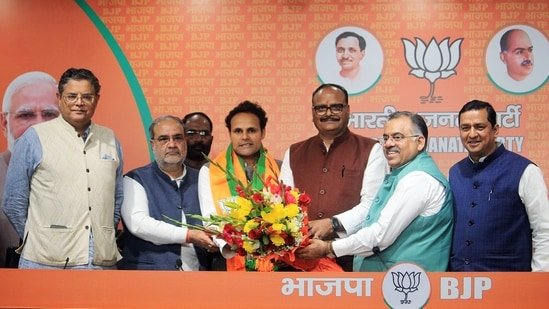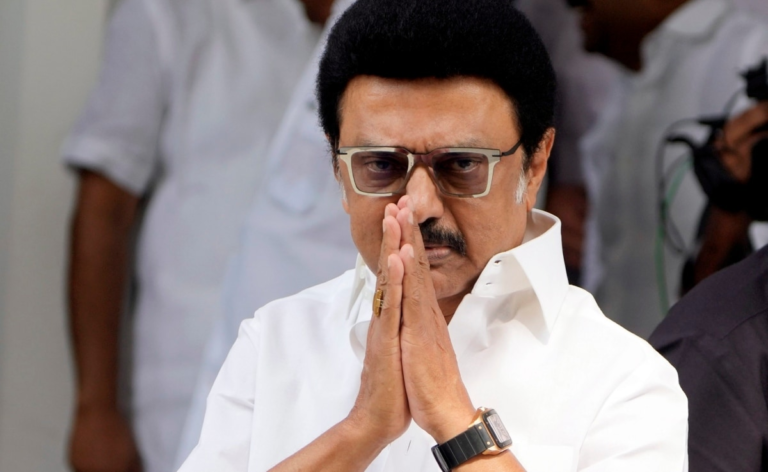
The Bahujan Samaj Party (BSP) seems poised to lose most of its MPs ahead of the general elections. On Sunday, its Ambedkar Nagar MP left for the BJP. Three others are reportedly set to follow him. Another BSP MP has joined the Samajwadi Party (SP) while two others are headed for the Congress. The exits may be driven by the fear that there is no scope for a third alternative in this polarised elections, where the INDIA bloc, post the Samajwadi Party-Congress seat deal, is seen as the challenger to the BJP even as the BSP is set on going alone.

The Bahujan Samaj Party (BSP) seems poised to lose most of its MPs ahead of the general elections. On Sunday, its Ambedkar Nagar MP left for the BJP. Three others are reportedly set to follow him. Another BSP MP has joined the Samajwadi Party (SP) while two others are headed for the Congress. The exits may be driven by the fear that there is no scope for a third alternative in this polarised elections, where the INDIA bloc, post the Samajwadi Party-Congress seat deal, is seen as the challenger to the BJP even as the BSP is set on going alone.
These desertions raise questions about the BSP’s tactics. The BJP has become the main pole in Uttar Pradesh (UP) since 2014. Voters opposed to the BJP lean towards the Opposition alliance seen as best placed to take on the former. In the 2019 general elections, the BSP did well as part of the gathbandhan (alliance) in UP with the SP and Rashtriya Lok Dal — it won 10 Lok Sabha seats. Three years later, the BSP fought the UP assembly elections without allies and finished with just one MLA. The party may argue that it is a movement/cadre-based party where symbol, flag and ideology matter more than leaders. The fact is that politics in UP has undergone a massive transformation and the BSP’s vote base has shrunk. The BJP, with smart tactics and social engineering, has eaten into the base of the BSP, stripping the party to its core vote of Jatavs. Ironically, the BSP in the early 2000s, at the apex of its growth phase, recognised the need to shift from a “bahujan” (OBCs, Dalits, and tribals) plank to a broader “sarvajan” (all sections of the society) platform to emerge in pole position: This tactic helped the party win the 2007 UP assembly elections. The idea of “sarvajan samaj” has been usurped by the BJP with the slogan “sabka saath, sabka vikas, sabka vishwas”, though in a new social milieu that excludes Muslims.
Ideology-driven parties such as the DMK recognise the need for allies to expand their social base. For instance, it has offered a Lok Sabha seat each for the Indian Union Muslim League and Kongunadu Munnetra Kazhagam (KNMK), a provincial party, in Tamil Nadu. These parties can’t win a seat on their votes but can contribute incrementally to the vote share of the DMK alliance. There may be a lesson here for the BSP.
Continue reading with HT Premium Subscription
Daily E Paper I Premium Articles I Brunch E Magazine I Daily Infographics








